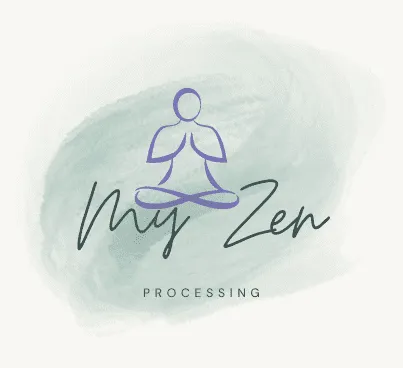Blog
Welcome to our blog—a sanctuary of strength, clarity, and growth. Here, we offer uplifting insights, empowering guidance, and mindful practices to support and inspire your journey through life. Whether you're embracing stillness, navigating challenges, or building healthy habits, our articles are crafted to nurture your resilience, fuel your motivation, and cultivate lasting peace from within. Step into our latest posts and discover how mindful living can help you rise stronger, live more fully, and find calm amidst the chaos.

Can ASMR Really Help Reduce Stress and Anxiety?
If you’ve ever felt a tingling sensation while listening to someone whisper, tapping fingers, or brushing a microphone, you may have experienced ASMR. Short for Autonomous Sensory Meridian Response, ASMR has gained massive popularity on YouTube, TikTok, and various audio platforms. But beyond its hypnotic charm, many people claim it helps them manage stress and anxiety.
So, can ASMR really help calm your nerves? Let’s explore what experts and fans have to say.
What Is ASMR?
ASMR is a relaxing, often euphoric response to certain sounds or visual triggers. These “triggers” might include:
Soft whispers
Tapping or scratching
Crinkling paper
Gentle brushing or hand movements
Personal attention role-plays (e.g., spa visits, medical check-ups)
Viewers often describe ASMR as a tingling sensation that starts at the scalp and travels down the neck and spine, accompanied by feelings of calmness and comfort.
What the Research Says
While ASMR is still a relatively new area of study, early research suggests it may offer mental health benefits:
Stress Reduction: A 2018 study published in PLOS ONE found that people who experience ASMR reported feeling significantly more relaxed after watching ASMR videos. Many participants showed reduced heart rates, a physical sign of relaxation.
Mood Improvement: The same study noted that ASMR viewers experienced increased feelings of social connection and positive emotions—especially helpful for those feeling anxious or lonely.
Sleep Aid: Anecdotal reports and surveys reveal that many people use ASMR to fall asleep, particularly those with insomnia or nighttime anxiety.
How ASMR May Help With Anxiety
People with anxiety often struggle with overactive thoughts, racing hearts, and trouble sleeping. ASMR may help in the following ways:
Slows down the nervous system through calming, repetitive sounds
Provides gentle focus to distract from negative or anxious thinking
Creates a sense of safety and care, especially during personal attention-style videos
Triggers a meditative state similar to mindfulness or deep breathing exercises
Of course, ASMR is not a substitute for therapy or medication, but it can be a helpful tool in a broader mental health routine.
Real-Life Testimonials
Many ASMR fans share stories like these:
“I’ve struggled with anxiety for years, and ASMR videos are part of my nightly routine. They help me wind down and feel grounded.” – Emily, 28
“When I’m overwhelmed at work, a 10-minute ASMR break with soft tapping or nature sounds can reset my mood.” – Marcus, 35
Is ASMR for Everyone?
Not quite. Some people don’t experience ASMR at all. Others may even find certain sounds irritating or uncomfortable. If ASMR doesn’t work for you, other relaxation techniques like deep breathing, guided meditation, or music therapy may be more effective.
Getting Started with ASMR
Want to try it out? Here are a few popular ASMR content creators and channels:
Gibi ASMR – Known for her soothing voice and roleplays
ASMR Glow – Offers makeup, skincare, and whispering triggers
WhispersRed ASMR – One of the early pioneers, often using natural sounds and calming themes
ASMR Zeitgeist – Focuses on high-quality sound and variety of triggers
Try different styles to see what works best for you.
Final Thoughts
While science is still catching up with the ASMR trend, early findings and personal stories suggest that it can be a useful and calming tool—especially for stress relief and mild anxiety. If you're curious, give it a try. You might discover a new way to relax, recharge, and even fall asleep faster.

Quick links
© My Zen Processing. 2026. All Rights Reserved.
